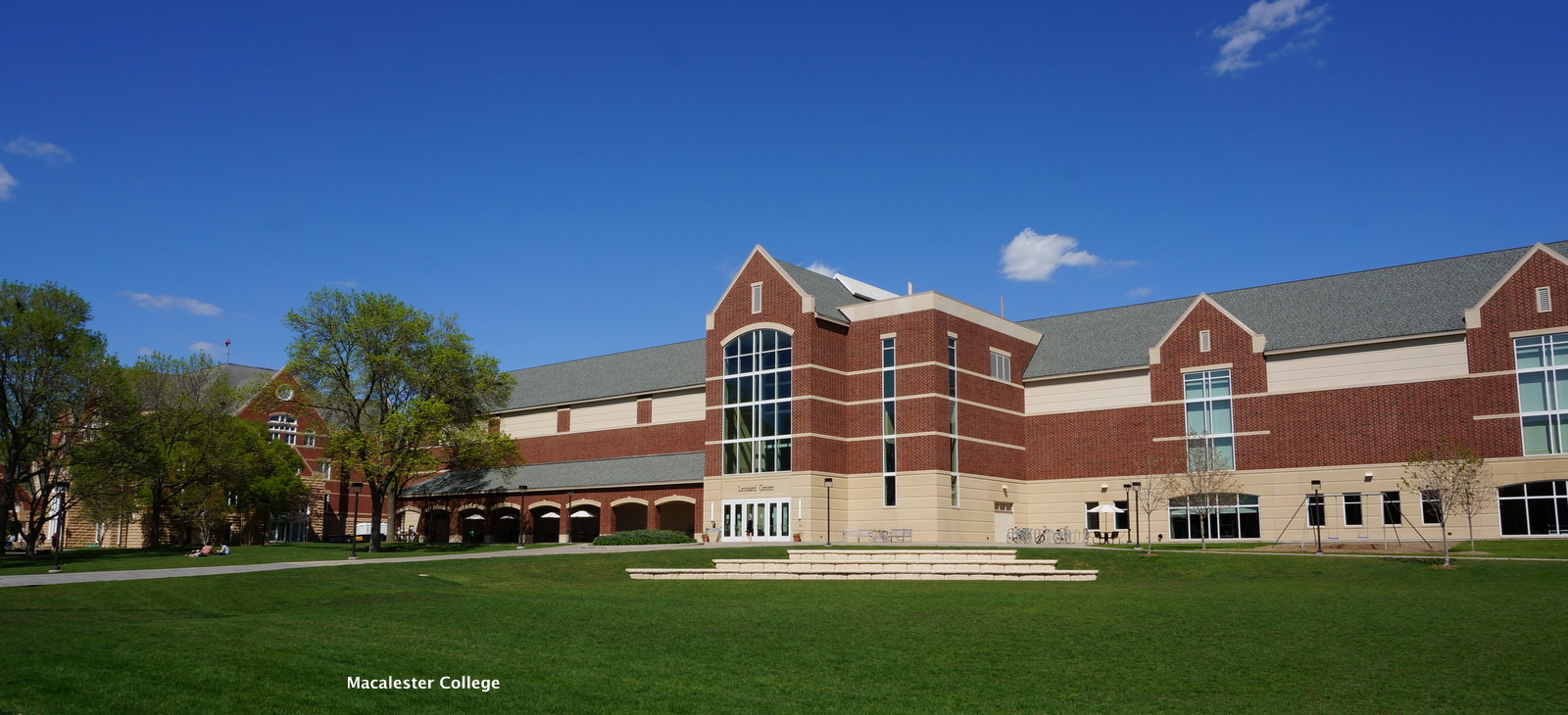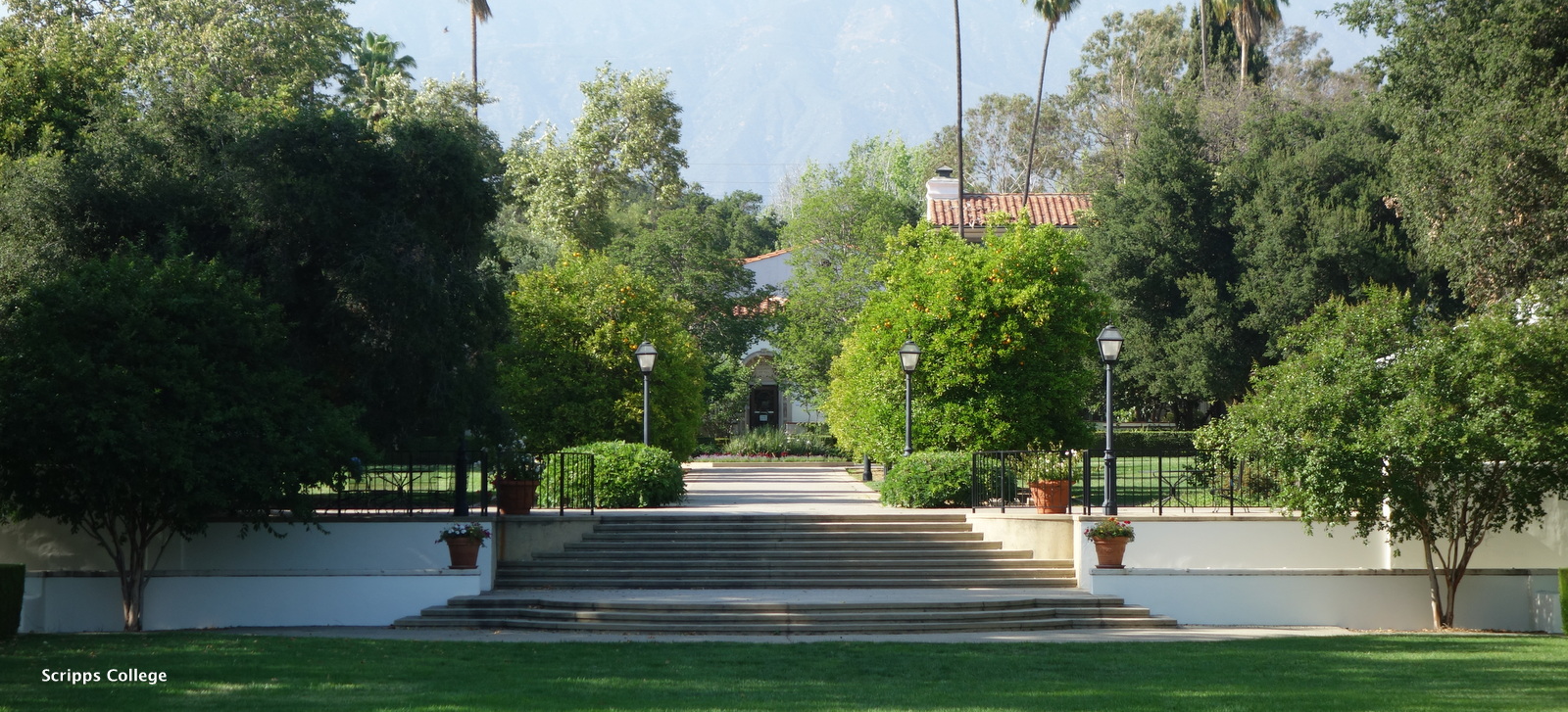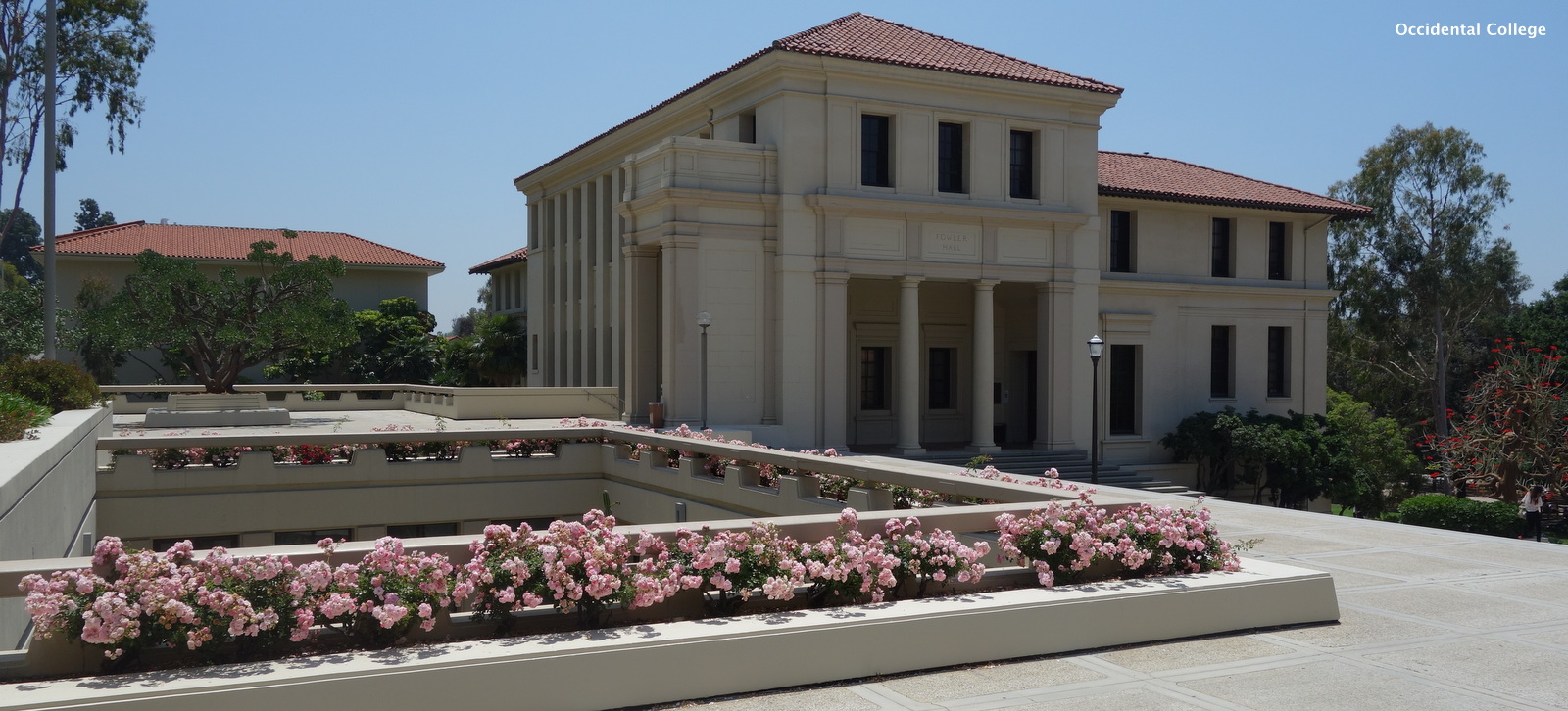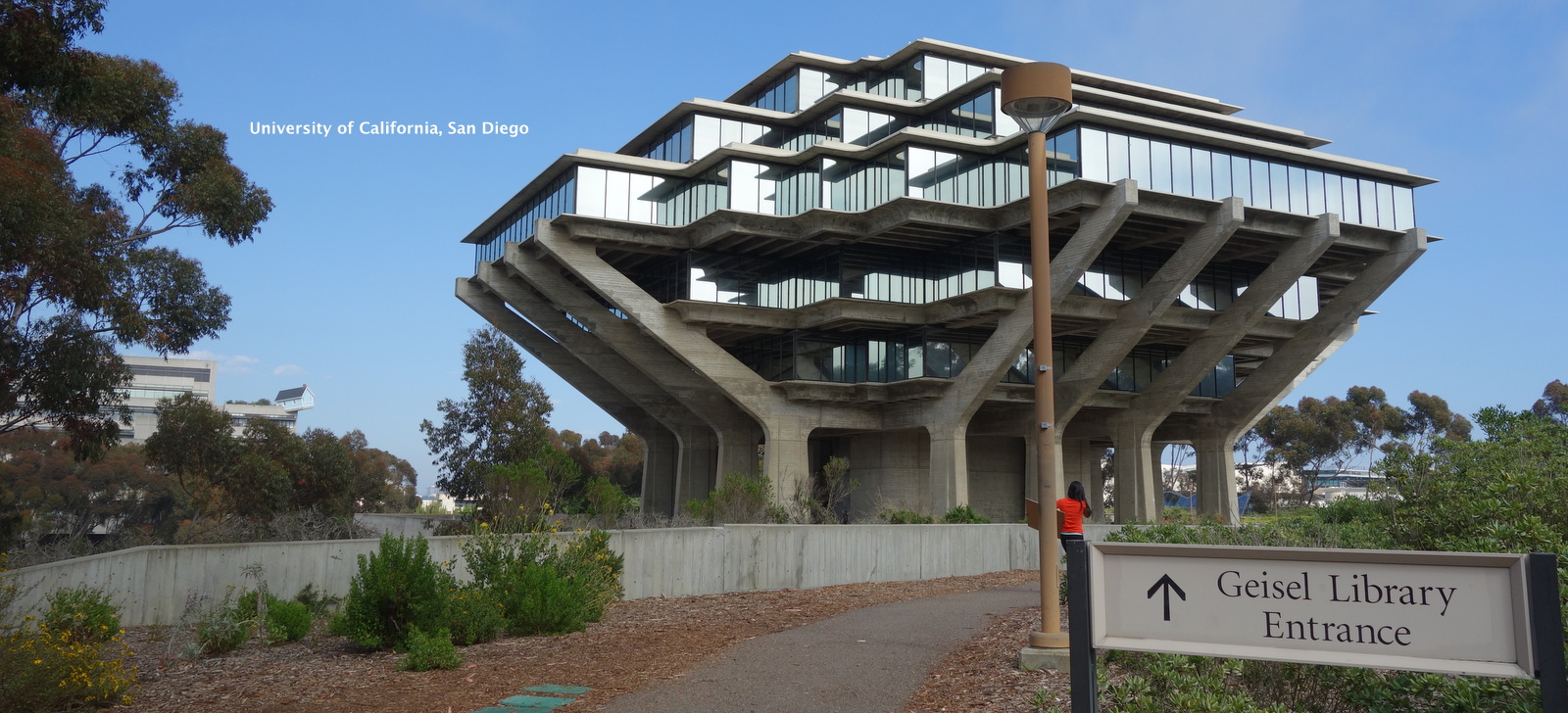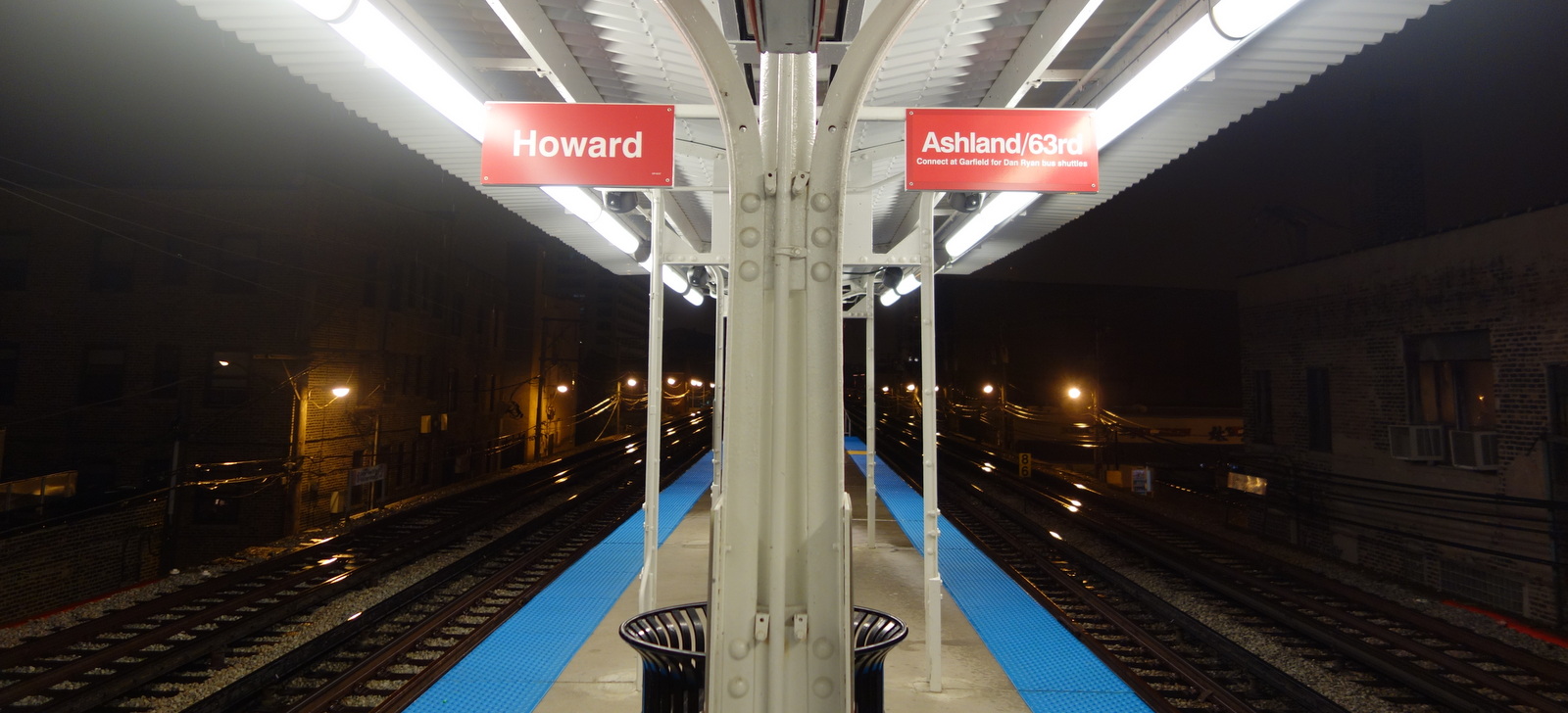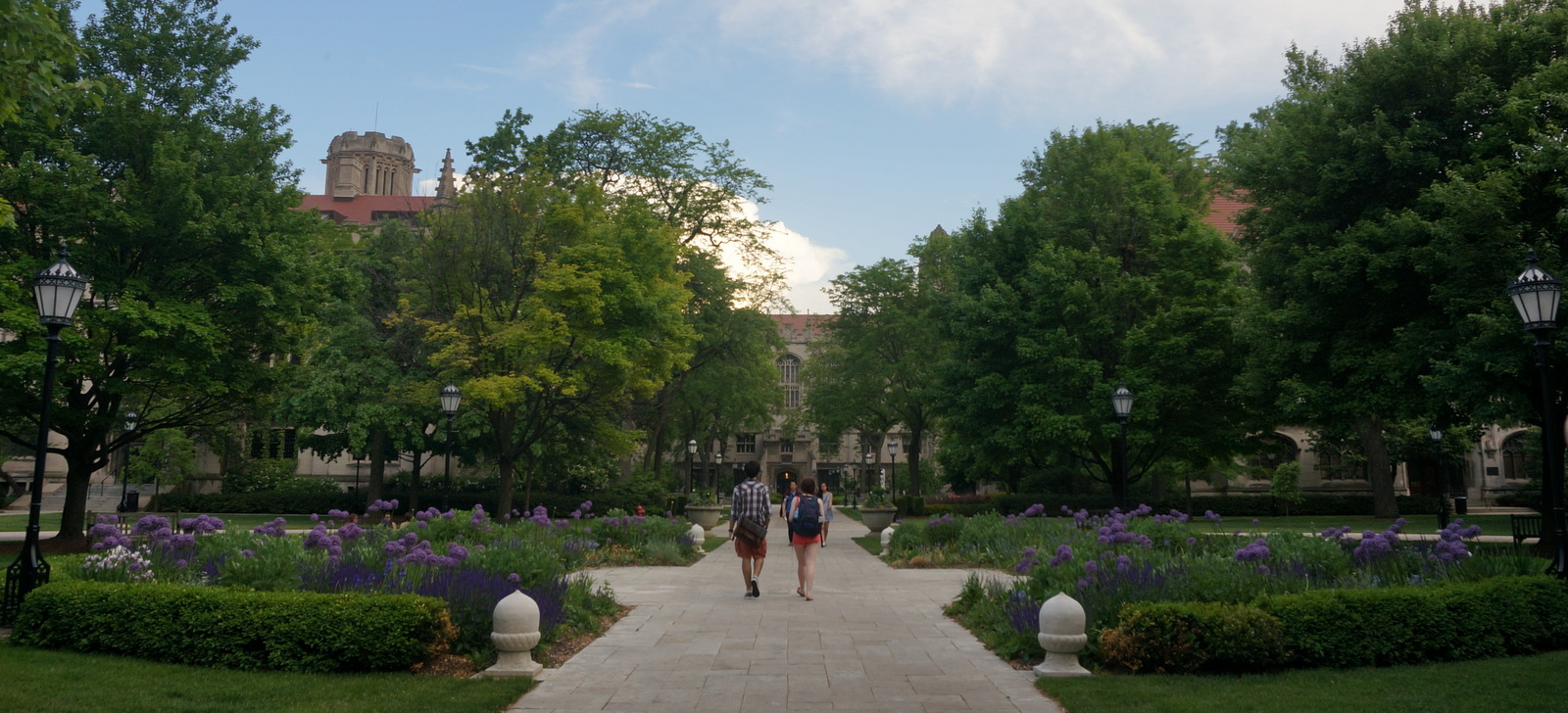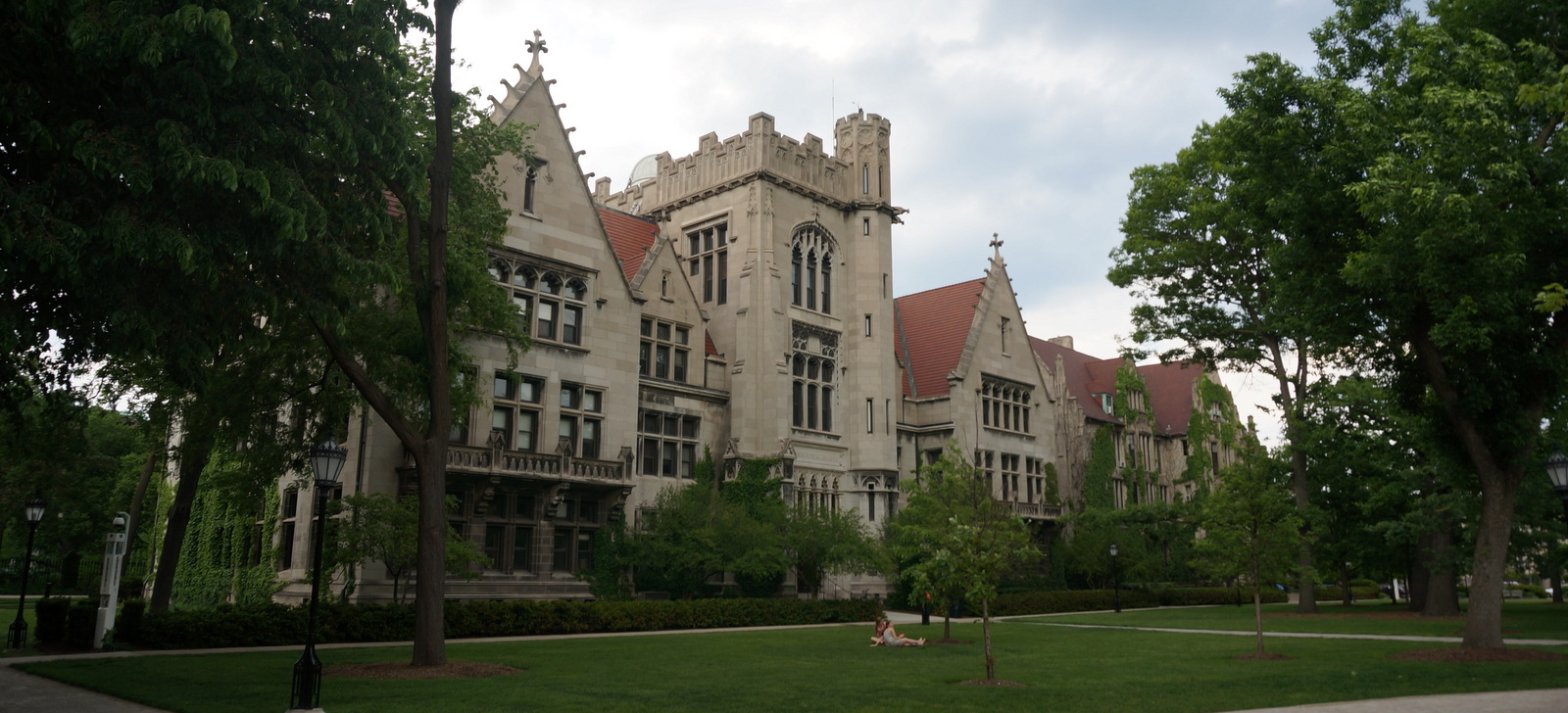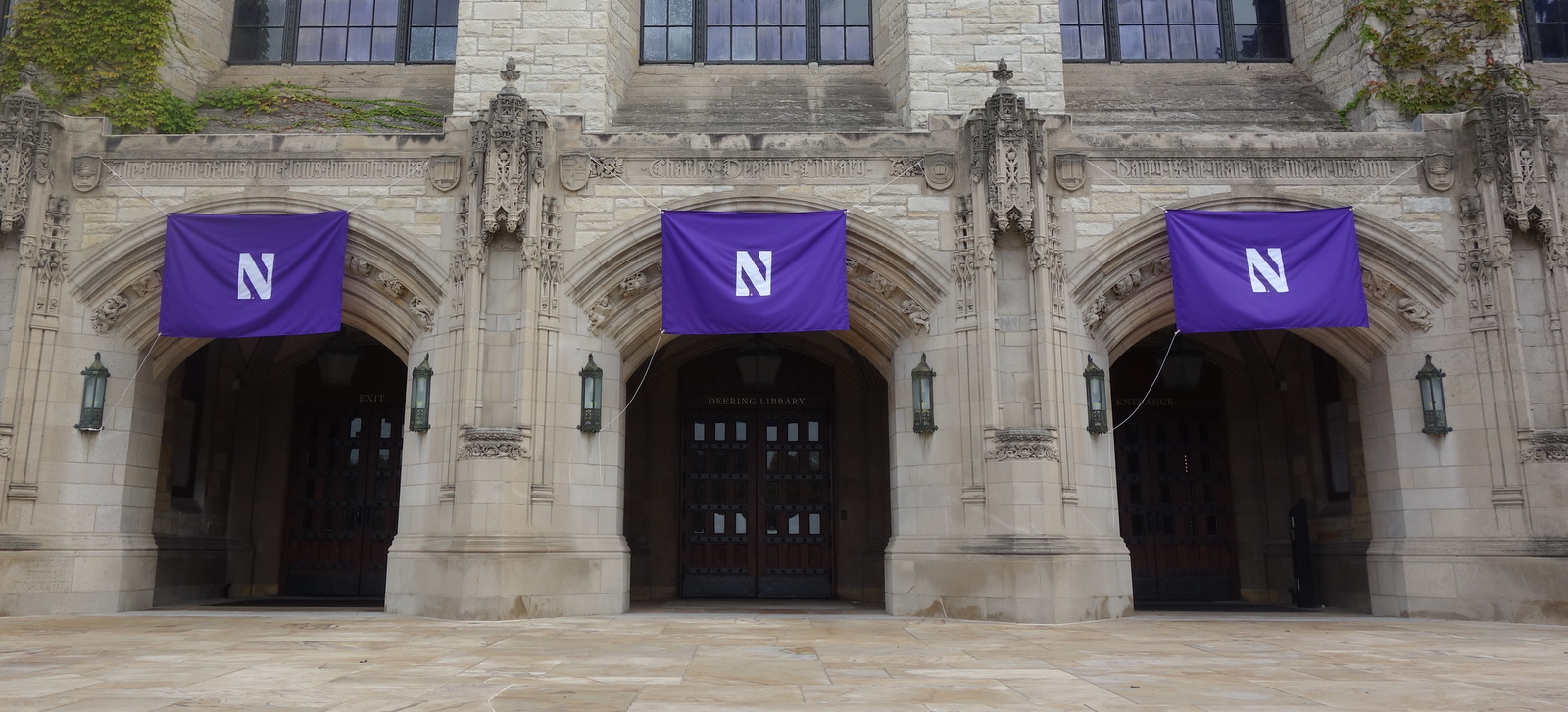People with Power Pressuring People without Power
I recently wrote on the Northwestern football team unionization vote and the larger questions attached to it. The push for unions in American institutes of higher education, however, is not limited to its sports programs. On Wednesday, May 14, Macalester College in St. Paul, Minnesota hosted a debate for union leaders and administrators to present their cases for and against the unionization of contingency professors at Macalester. Such a push for unionization isn’t unique to Macalester; similar movements have been successful at Tufts, Northeastern, Georgetown, George Washington, American, and most recently, nearby Hamline.
For those unfamiliar with the term, a “contingency” professor refers to an instructor who is not on a track for tenure. For those unfamiliar with that term, a “tenured” or “tenure-track” professor is a full-time professor with benefits and job security. A contingency professor, of course, is an adjunct with no benefits and rarely more than a year-to-year contract. The plight of adjunct professors is a hot topic in academic now, but an article in Salon offers an entertaining summary.
I’m going to refrain from projecting a strong opinion in this case, much like I did when I wrote about football players at Northwestern, for the simple reason that I don’t have enough information to do so. It’s a complex issue with many important variables; without such information at my disposal, the best I can do is listen, read, and process.
However, the serious concern that I have seen in both cases is the proclivity of what I’ll call authoritative bullying. At Northwestern, most of the football players who voted on April 25th were confused at best or afraid at worst. Confused as to what changes would occur if a union were to be enacted. Afraid of losing playing time or worse (that massive scholarship that NU football players get). Why? Because all authority figures in their world—former NU president, current head football coach, and many other powerful people in the Northwestern community—pressured them to vote against unionization.
My sister is a former tenure-track faculty member at Macalester, who left to pursue a full-time writing career, but is recently back to teach periodic courses. She’s one of the fortunate few in academia for whom things worked out. She got a prestigious, tenure-track position. When she left, she did of her own volition (and much to the dismay of her peers who envied her position). When she returned, it was for fun—not out of need. And yet when she spoke up in support of unionization for contingency professors at Macalester at the aforementioned May meeting, she was summarily shushed. Administrators, it turns out, aren’t the biggest supporters of the unionization of contingency faculty.
I’m a super college nerd. By that, I mean that I love higher education and the culture on intellectual college campuses so much that I read about them voraciously, envision attending hundreds of them myself, and work with countless students, helping them find their best fit schools. Macalester has long been one of my favorite schools. It’s a PhD placement factory, underlying its intellectual atmosphere and the personal investment in undergraduate students that most faculty members hold. It’s a liberal place that is a hotbed for political activism, social justice, and in short, equality. Add in its urban location and ambitious student body, and its #10 overall ranking in my personal rankings makes a lot of sense.
I don’t know if unionization is the best way to improve the situation of contingency professors, but there is one thing that I do know. Contingency professors are abused. And when people in power use that power to intimidate those without power, I begin to question the integrity not only of those administrators but also of the institution. For Northwestern and Macalester, unquestionably two of my very favorite schools, to feature prominently in this conversation—albeit in very different circumstances—deeply saddens me.
